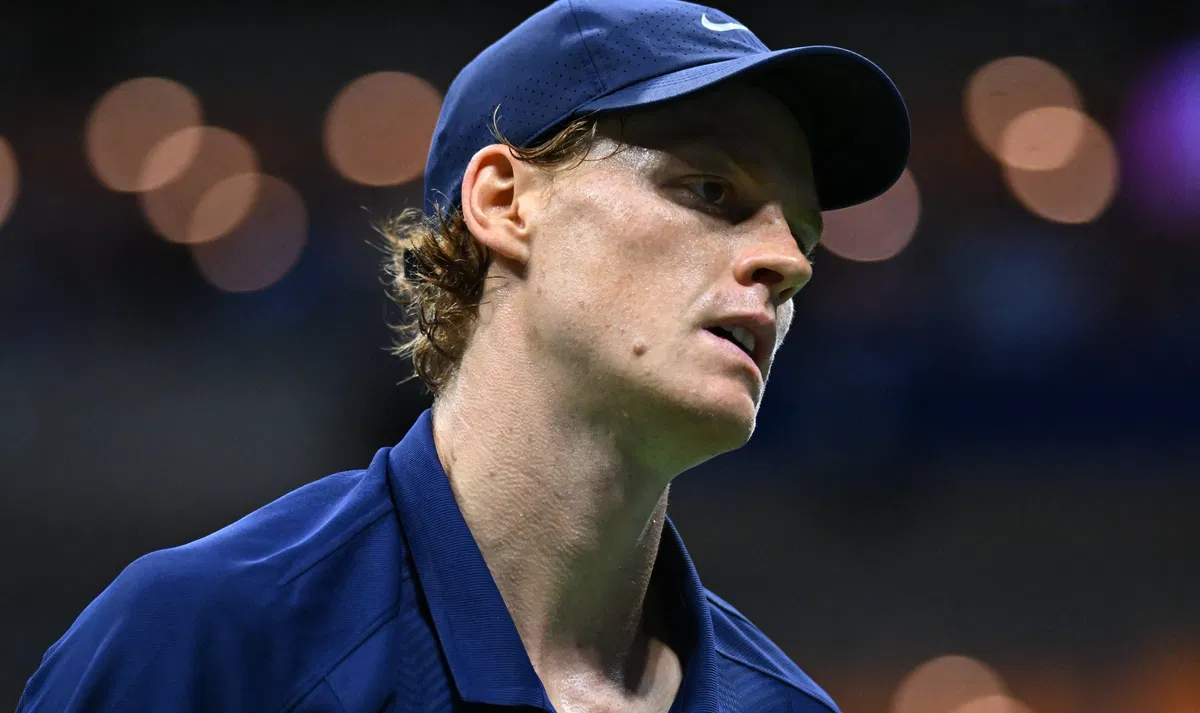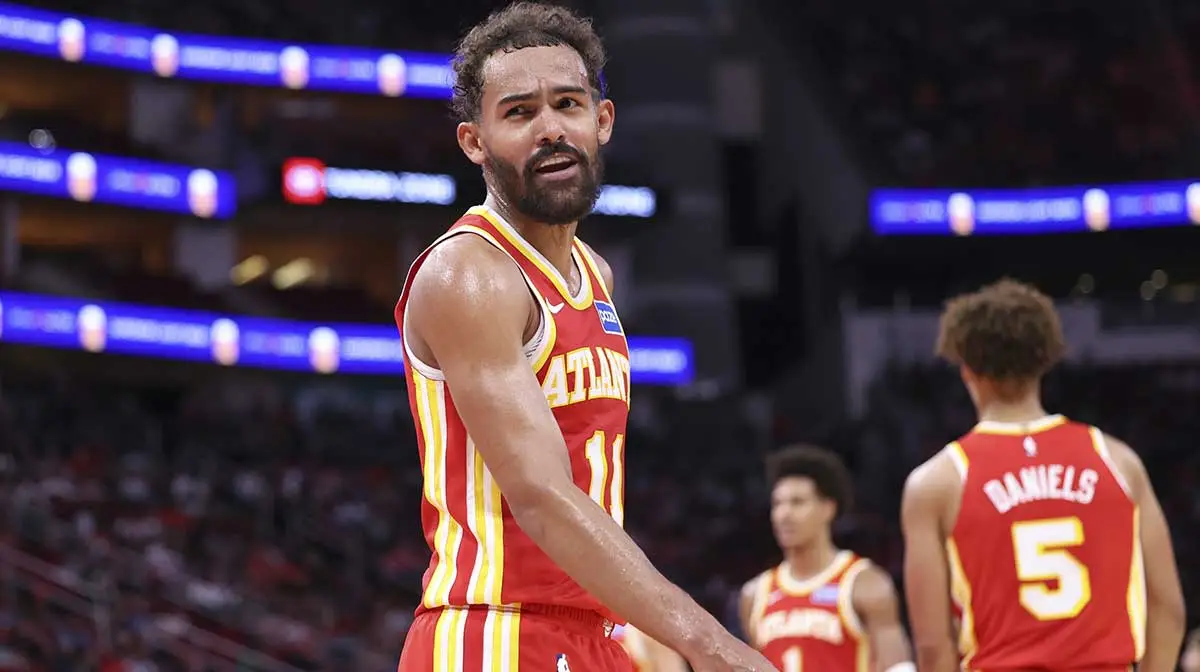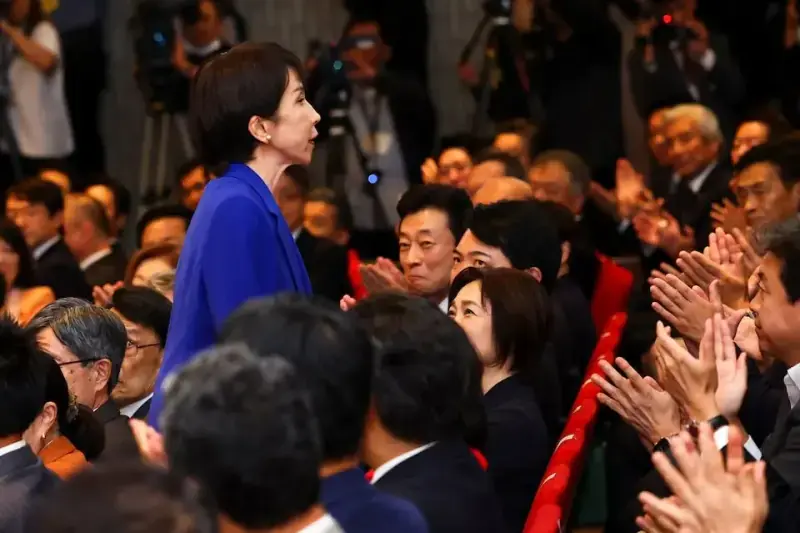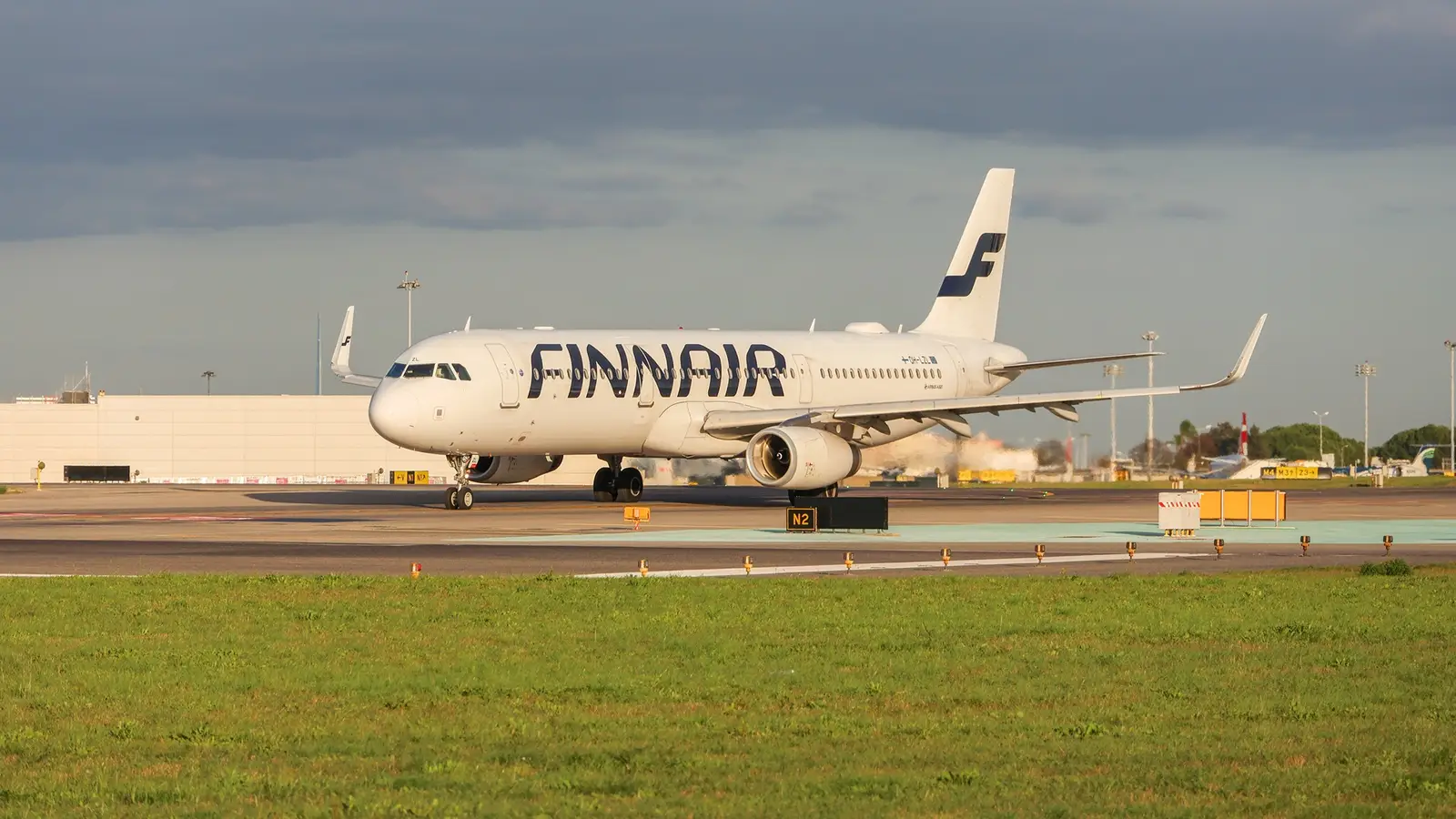Copyright Essentially Sports

It’s not often that tennis’s biggest names take on its most powerful institutions. But that’s exactly what’s happening right now. Jannik Sinner, along with Novak Djokovic, Aryna Sabalenka, and Coco Gauff, has often called out the Grand Slams for how they handle money and player welfare. Their main concern is that these tournaments generate most of the sport’s revenue, yet, according to Sinner, they’ve been ignoring repeated requests to talk about fairer pay and basic benefits for lower-ranked players. For over a year, top players have been pushing for change. They submitted detailed proposals asking the Grand Slams to increase prize money percentages and create proper welfare systems: pensions, healthcare, and maternity support for those outside the spotlight. In August, those proposals were rejected. The players’ request for a meeting during the US Open was also turned down. Grand Slam organizers claimed they couldn’t move forward until a separate legal case involving the Professional Tennis Players Association (PTPA) was settled. To players, that sounded like yet another excuse to delay action. And now it was time for Sinner to open up! Recently, Jannik Files shared a post on X quoting Jannik Sinner’s words from his comments to The Guardian. “We had good conversations with the Grand Slams at Roland Garros and Wimbledon, so it was disappointing when they said they cannot act on our proposals until other issues are resolved. Calendar and scheduling are important topics, but there is nothing stopping the Slams from addressing player welfare benefits like pensions and healthcare right now.” He added, “The grand slams are the biggest events and generate most of the revenue in tennis, so we are asking for a fair contribution to support all players, and for prize money that better reflects what these tournaments earn. We want to work together with the slams to find solutions that are good for everyone in tennis.” He made his point very clear: the largest tournaments need to start using the money wisely now that it is accessible. And the statistics support him. Currently, players only receive 12-15 percent of the total tournament revenue from the Grand Slams, while major ATP and WTA events like the Italian Open and Indian Wells give players roughly 22 percent. The prize money of $63.6 million only yielded 12.3 percent of the revenue that Wimbledon 2024 earned ($520 million). To elite athletes, that might not be much, but to the hundreds of professionals who are just struggling to meet their training, travel, and medical expenses, that amount can make the difference between remaining in the sport and dropping out. It is one thing because more players, such as Carlos Alcaraz, prepare to accept an invitation by Jannik Sinner at the Paris Masters: the inequality in tennis income is no longer a pet issue. But at what point did this disagreement begin? Read Top Stories First From EssentiallySports Click here and check box next to EssentiallySports Jannik Sinner and the stand-off that shook tennis The dispute began in March when the top ten men’s and women’s players sent a joint letter to all four Grand Slams. They demanded a fairer share of revenue and better welfare protections for lower-ranked players. The letter said the ATP and WTA give about $80 million a year for player welfare, but the Grand Slams give nothing. Moreover, it accused them of adding Sunday starts at the Australian Open and US Open without asking the players. This marked the start of what would become one of the most public power struggles in modern tennis. In May, representatives from both sides met for the first time. Players were represented by Jannik Sinner, Casper Ruud, and Alex de Minaur from the ATP and Aryna Sabalenka, Coco Gauff, and Madison Keys from the WTA, alongside former WTA chief Larry Scott. Talks continued at Wimbledon in July, where Alexander Zverev and Belinda Bencic joined the player delegation. Talks were polite, but players felt stuck as the Grand Slams refused to share financial details. The ATP and WTA also grew uneasy, seeing the move as a lack of transparency despite their long partnership on prize money. As tournaments revealed record purses but unequal distributions, the tension only grew. The prize fund for Wimbledon in 2025 increased by 7% to $72.6 million. However, the champions and semi-finalists received the majority of that boost, with early-round players receiving only modest 5% increases. Thus, the WTA Players’ Council made an effort to alter that. Their proposal to increase prize money for early-round players was turned down. They also rejected a similar attempt prior to the US Open, which had a record purse of $90 million. Players, joined by Jack Draper of Britain, sent another letter in August, frustrated by the lack of response, demanding urgent negotiations. The Grand Slams again refused, saying they couldn’t negotiate until the PTPA’s antitrust lawsuit, led by Novak Djokovic, was resolved. Tennis might be a sport of love, but right now there’s no love lost between players and the Slams. If Jannik Sinner and friends keep serving like this off the court, the real break point might come sooner than anyone thinks.



